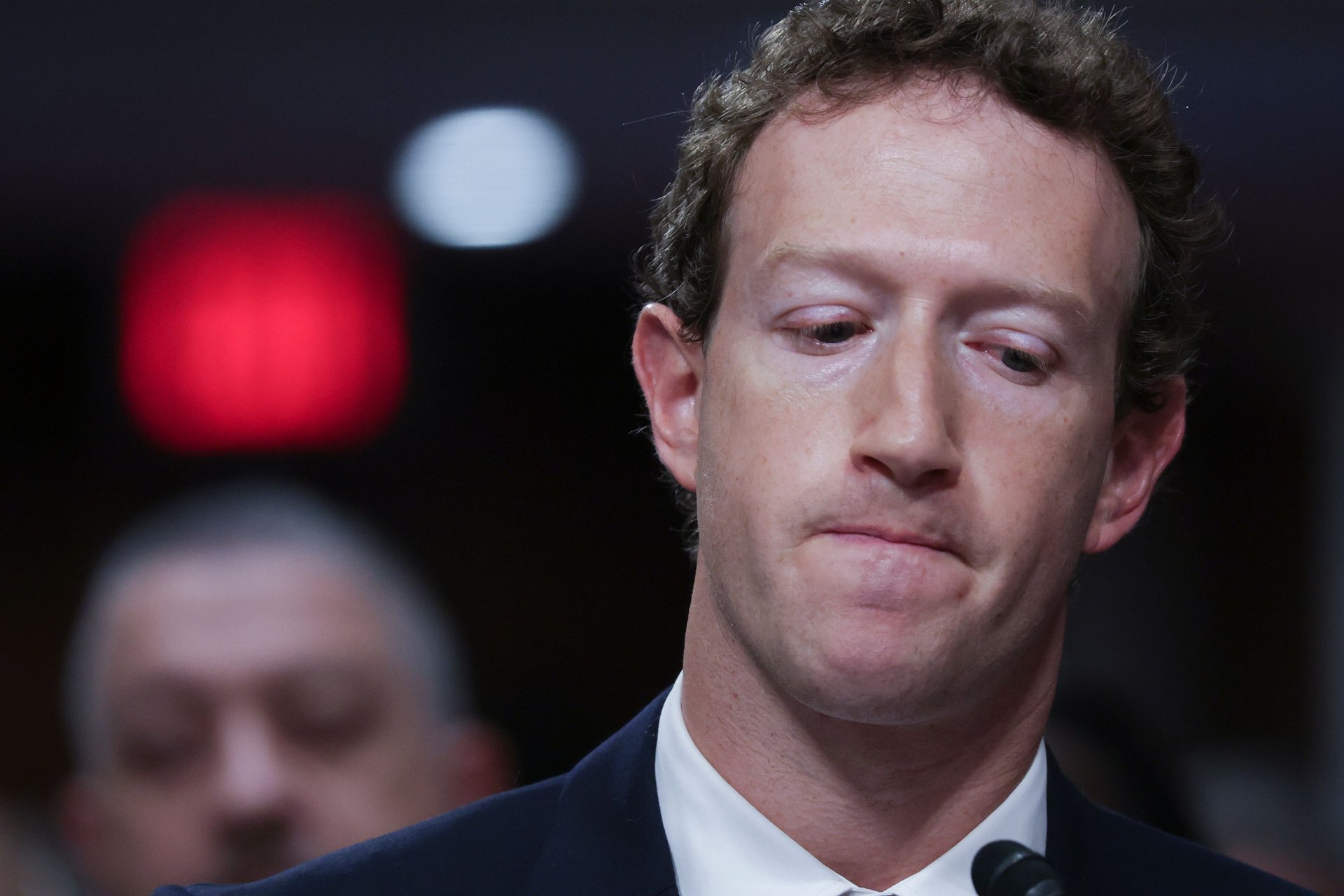Meta’s AI teams are caught between competing visions
A philosophical split between Meta CEO Mark Zuckerberg and his chief AI scientist extends beyond timelines to Meta's core AI strategy

Alex Wong/Getty Images
Meta's chief AI scientist says even "cat-level intelligence" is "very far" away. His CEO just bet $14.3 billion on superintelligence.
The contradiction crystallized last week when Mark Zuckerberg announced the creation of Meta Superintelligence Labs, a brand new division led by Scale AI's Alexandr Wang. Zuckerberg promised in a memo that "developing superintelligence is coming into sight" and called it "the beginning of a new era for humanity." The declaration put Zuckerberg on a collision course with Yann LeCun, Meta's top AI researcher and a Turing Award winner, who has spent the last few years publicly arguing that current approaches can't even achieve animal-level intelligence — let alone the godlike AI his boss is now promising to build.
The philosophical split extends beyond timelines to Meta's core AI strategy. LeCun has consistently beaten the drum for open-source AI, calling it essential for diversity and democracy. As recently as last year, he praised Zuckerberg's commitment to open source, writing on LinkedIn that "AI platforms must be open, just like the software infrastructure of the Internet became open." He argued that open source enables "more diversity in languages, cultures, value systems, and centers of interest in AI assistants."
But Zuckerberg's superintelligence memo makes no mention of open source, a notable omission given that he wrote just last July that "Open Source AI is the Path Forward." According to the New York Times, Meta executives even discussed "de-investing" in Llama, their open-source model, and potentially embracing closed models from competitors like OpenAI and Anthropic.
LeCun continues pushing the open-source message on social media, recently retweeting praise for Meta's "open release of Llama that changed the field." Yet his boss appears to be reconsidering that very strategy.
The creation of Meta Superintelligence Labs represents Zuckerberg's attempt to solve what became clear was a lagging AI effort. His frustration came to a head in April when the latest Llama models underperformed expectations. The Times reports that Zuckerberg learned his AI team had used customized benchmarks to make the models appear more advanced than they actually were — a revelation that upset the CEO, who hadn't been briefed on the testing manipulation.
The episode highlighted a deeper issue: While Meta open-sourced Llama to spread adoption, Chinese startup DeepSeek built superior models on top of Llama's foundation, essentially out-innovating Meta with its own technology.
The tensions have spilled into Meta's broader AI hiring strategy. Zuckerberg has personally reached out to more than 45 OpenAI researchers, offering packages as high as $100 million, according to multiple reports. Wired reports that Meta made at least 10 "staggeringly high offers" to OpenAI staffers. One high-ranking researcher was pitched on the role of chief scientist — LeCun's title — but turned it down.
The hiring spree also suggests Meta is doubling down on the large language model approach that LeCun has criticized. While LeCun advocates for "world models" that learn by watching the physical world rather than processing text, the new superintelligence lab is staffed largely with researchers who built text-based systems like GPT-4.
LeCun's Twitter responses to questions about his role reveal someone trying to maintain influence while acknowledging new realities. When asked about his position after Wang's appointment as Chief AI Officer, LeCun emphasized he remains Chief AI Scientist and deflected suggestions he should be running the superintelligence effort. "I don't like managing things and I'm not good at operational stuff,” he said. “I'm much better at scientific leadership: I lead with ideas."
Yet when pressed on X about Meta's new superintelligence focus, LeCun carefully threaded the needle, responding that "Artificial Superintelligence has always made sense as an aspiration and long-term goal. It has always been FAIR's long-term goal (as well as mine). It still is, now more than ever." (FAIR is Meta's existing AI research arm that LeCun has led since joining the company more than a decade ago.)
The competing visions leave Meta's AI future unclear. For now, the company is running both playbooks simultaneously, hoping one will break through while the other provides scientific credibility. But with Zuckerberg creating a new superintelligence lab while seemingly sidelining his chief scientist's research philosophy, the mixed signals suggest Meta hasn't decided which path will actually get them there.
